2025’s the Year for CRE Modernization
The industry's moving beyond incremental changes to full platform rebuilds, according to Deloitte’s John D’Angelo.

2025 may be the year to “modernize” some older platforms that are core to running a commercial real estate business. Some early signals showed up in the last quarter of ’24, but I was surprised and delighted by the number of clients who reached out in the first weeks of the new year, wanting to talk about platforms that have been around well beyond their “sell by” date. To be fair, some version of this happens at the beginning of every year (remember, I’ve been at this for a few decades, and experience has helped me spot some patterns in the way commercial real estate organizations behave). I find that the break at the end of the year gives digital and business leaders the chance to take a step back from the urgency of the day, think about their business and come back refreshed and fired up about improving something. I love the conversations that inevitably happen in January.

This year, the tone has been different. Several of these conversations have been about making big changes to ways of working and the tools and technologies that underpin core operations of client businesses. That in and of itself wasn’t that different; it’s thematic. What was different was the appetite to do something very different, to do whatever it takes to get it right and to look outside of the industry for solutions that should be adapted to our industry. The question wasn’t: “What are other real estate companies doing?” This time, it was: “What are the best examples of modernizing operations from across your client base, and how can we do something like that?” The conversations weren’t about making incremental change to the way we’ve always done it. Rather, they were about what it would look like if we tore it down and rebuilt it.
The conversations weren’t about making incremental change to the way we’ve always done it. Rather, they were about what it would look like if we tore it down and rebuilt it.
I’ve long said that this is the right way of thinking for many organizations that have evolved their operations and supporting systems over multiple decades, several of which have been in place since big shoulder pads and pastel colors were the height of fashion. The way we’re approaching these engagements, with leaders who have a deep interest in understanding what’s possible and no interest in preserving how it’s always been done, is truly invigorating. I can honestly tell you that the exciting thing is about pushing these companies forward and creating a new way of working. In all instances, the value that’s created will outweigh the investment being made.
In each case, what we’re designing will help change the nature of the work that people perform; improve transparency in revenue and risk; and put information in the hands of executives to make better, quicker and more informed decisions that are core to the business. Decision-makers will have information much more quickly than had previously been the case, and core operations will likely be less expensive. We’re doing this by employing common themes of straight-through processing (information gets entered at the beginning and flows through different functions without ever having to be input again); generative and agentic artificial intelligence; and different sourcing strategies that get noncore routine operations out of the enterprise.
If you’re entrenched in decades-old systems and ways of thinking, you might soon find that your peers aren’t.
I have to confess that I’ve become a little tired of the words “transformation” and “digitization.” I’ve taken to calling these efforts “modernization” which, in my opinion, seems more descriptive and evergreen. It can apply not only to tools and technologies but also to ways of working and thinking. It can also be applied to the skill set and mindset of the workforce, not just the people manning the processes but also those in key positions making critical business decisions. If you’re entrenched in decades-old systems and ways of thinking, you might soon find that your peers aren’t.
John D’Angelo is a managing director with Deloitte Services LP and the real estate solutions leader, designing solutions to address client challenges and push the industry forward. With over 30 years of experience as a management consultant to the global real estate industry, John has helped some of the biggest names in real estate leverage technology and use data to optimize and transform their operations.

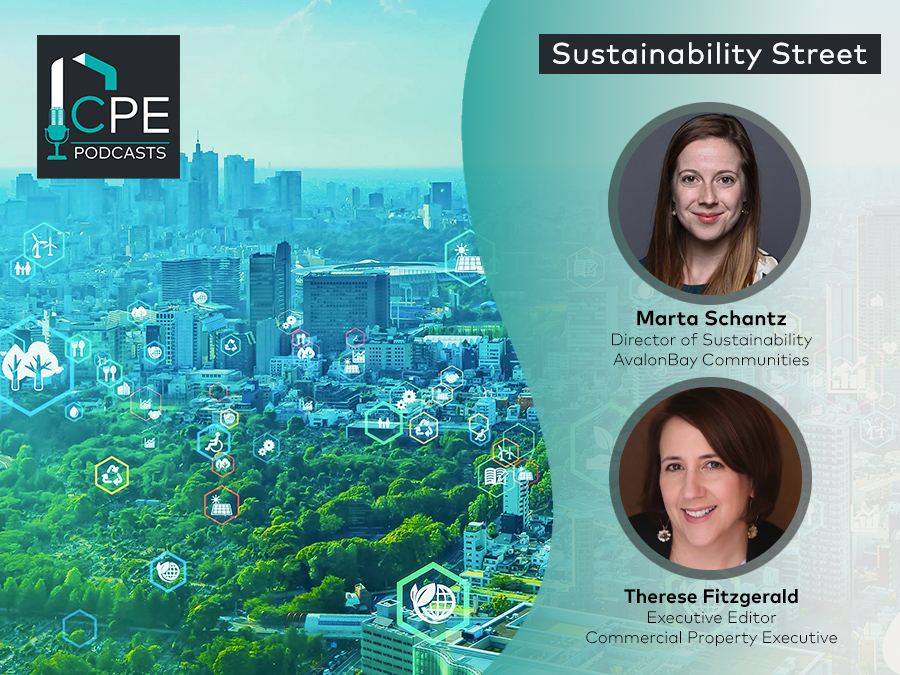

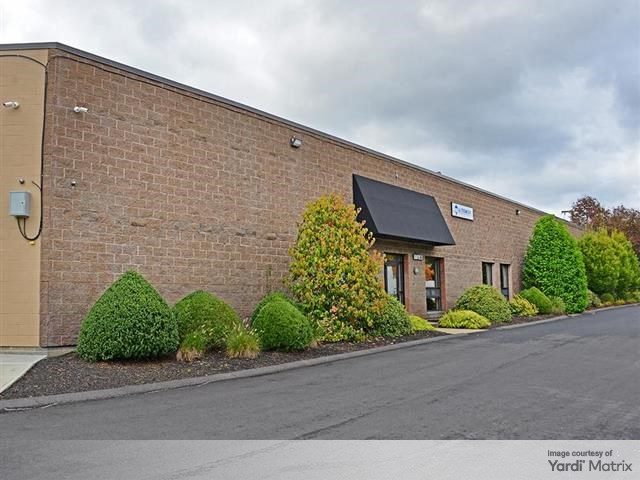

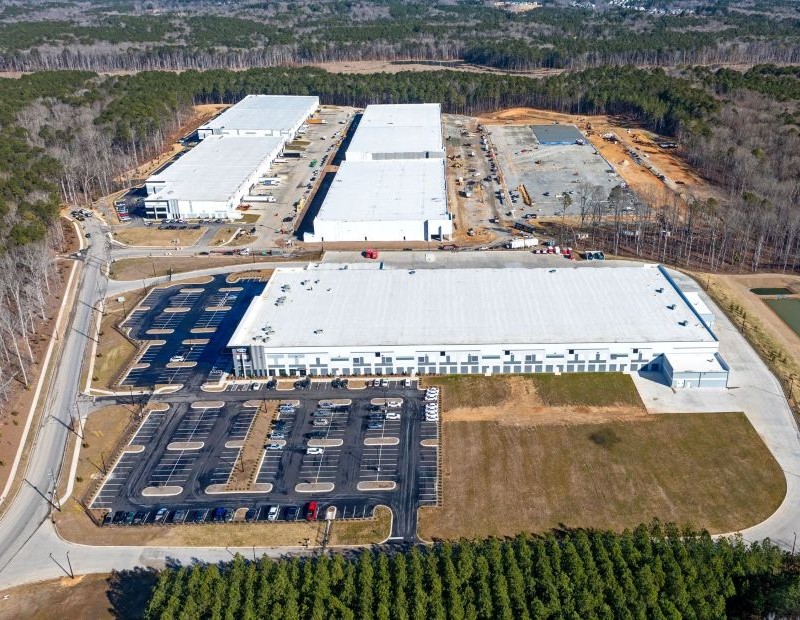
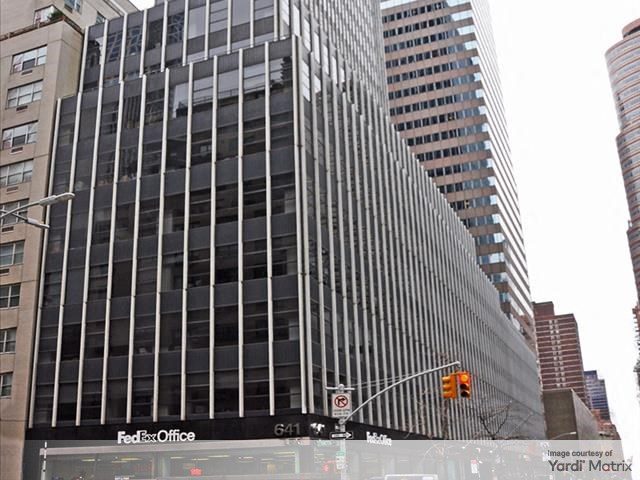
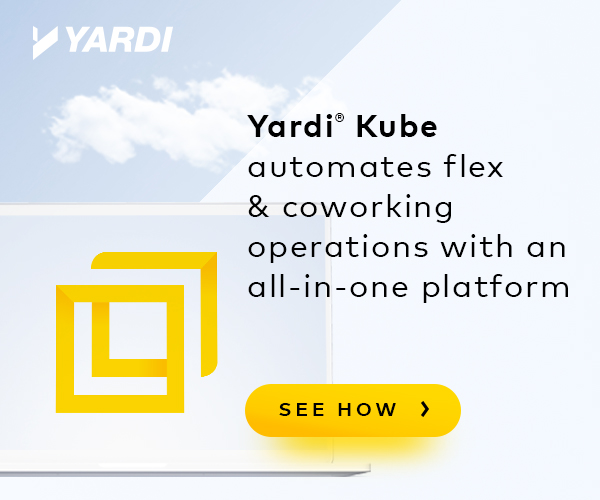
You must be logged in to post a comment.